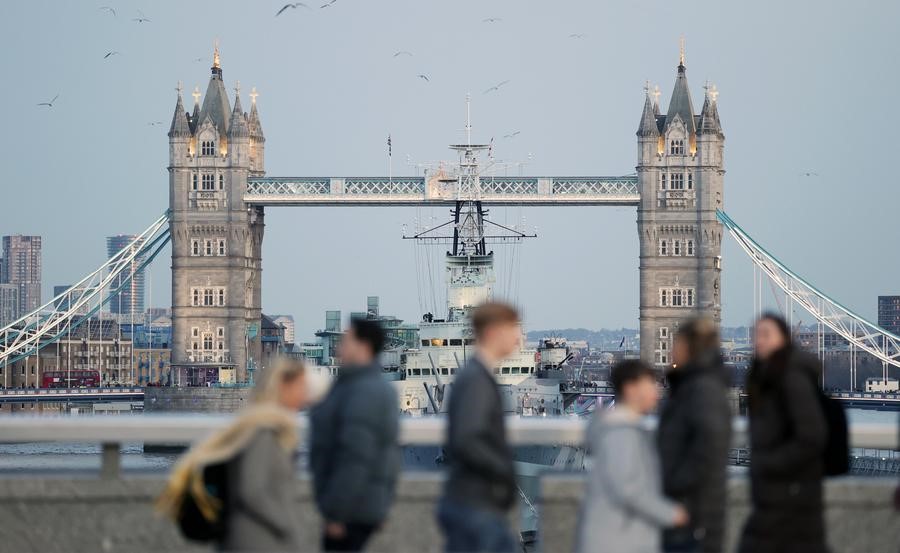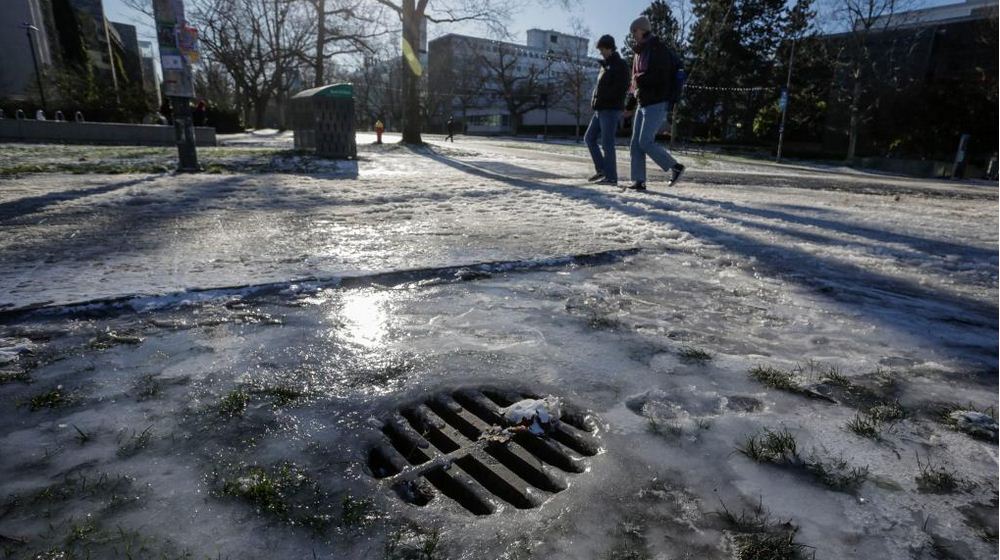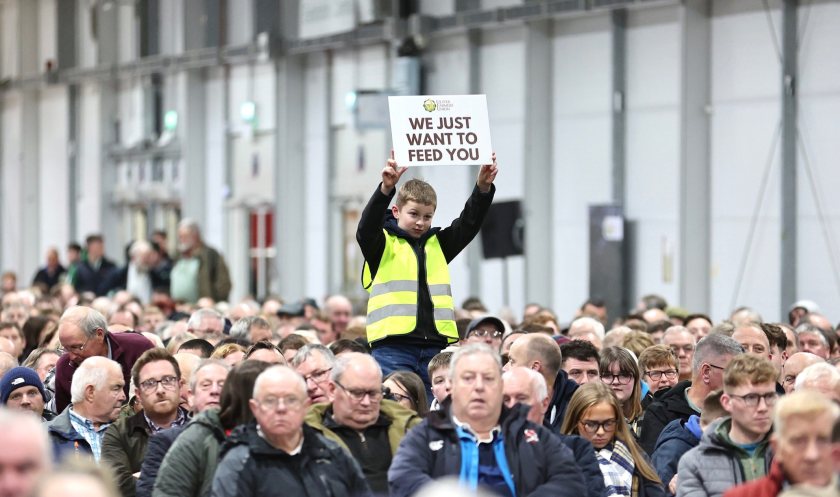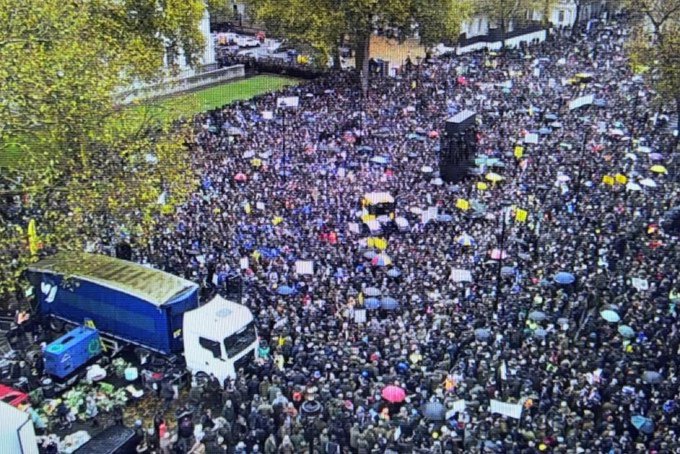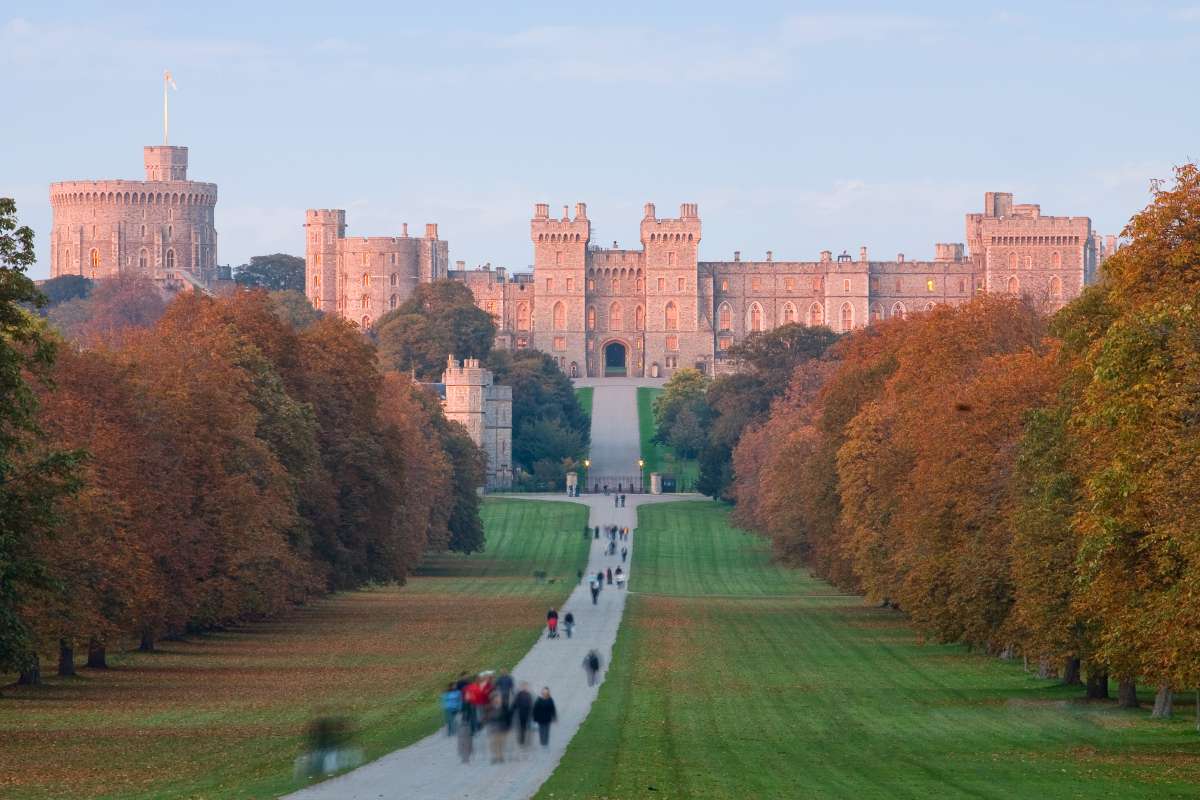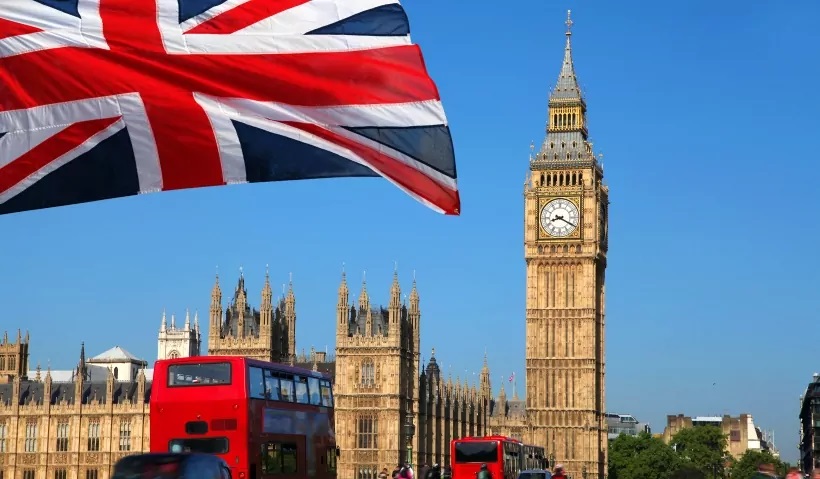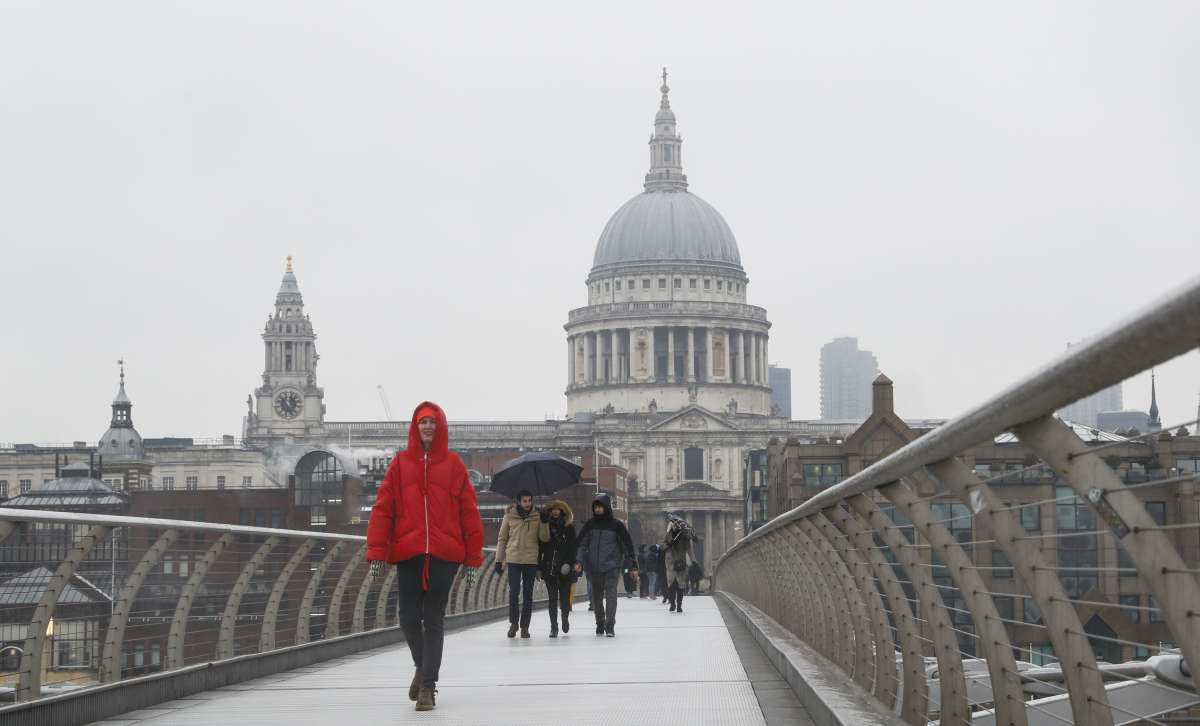In total, more than 16 million people are defined as living in poverty, or 24% of the UK population – the highest since comparable records began in 2000….reports Asian Lite News
More than one in three children and a quarter of adults are living in poverty in the UK as deprivation levels rise to the highest in the 21st century, according to a landmark report.
The study by the Social Metrics Commission (SMC), which uses measures recently adopted by the UK government, found the cost of living crisis had plunged 2 million more people into severe hardship since 2019.
In total, more than 16 million people are defined as living in poverty, or 24% of the UK population – the highest since comparable records began in 2000.
Children accounted for the biggest rise of any social group falling into poverty, the report found, with an extra 260,000 on the breadline since before the Covid pandemic, meaning a record 36%, or 5.2 million children, were in deprivation.
It is likely to reignite calls for Labour to scrap the two-child benefit cap as, of those 5.2 million children, more than half (55%) lived in families with three or more children. About one in four of the children in poverty lived in a single-child household, with the same proportion in a two-child family.
Keir Starmer has resisted calls to abandon the policy – introduced by George Osborne when he was chancellor – saying the government would not take on the “unfunded pledge” without identifying a source for the £3bn annual cost. The prime minister launched a child poverty taskforce in July.
The SMC report, seen by the Guardian, is significant as it measures a family’s resources, not just their income, and is widely accepted to be the most accurate definition of poverty in the UK. In June, the then Conservative government announced plans to adopt this broader definition of deprivation, called “below average resources”. It includes inescapable costs, such as childcare, the extra costs of being disabled, plus rent, mortgages and a family’s liquid assets, such as stocks and shares, that can easily be exchanged into cash.
Under the government’s current definition, which measures only average income and housing costs, 18% of the UK population was defined as being in absolute poverty in the year to March 2023, including 3.6 million children. With the new model, which is set to be adopted by the Department for Work and Pensions (DWP), 1.6 million more children are in poverty than under the current definition.
The findings cover a period when living standards suffered their biggest fall since modern records began in the mid-1950s, as the Covid pandemic followed by Russia’s invasion of Ukraine pushed the cost of goods to their highest level in four decades.
The SMC is a non-partisan body set up in 2016 to develop a new measure of deprivation in the UK. Its commissioners include experts from the Sutton Trust, Institute for Fiscal Studies, Centre for Social Policy Studies, Trussell Trust and a range of respected academics.
Philippa Stroud, the chair of the commission, said: “Whilst this report shows that poverty rates are now higher than at any point this century, they have never fallen below 21% over that same timeframe.
“This shows the real challenge facing us all in ensuring that we move the dial on poverty in the UK and ensure that as many people as possible can enjoy a life free of poverty. My hope is that people and organisations across society can come together to work with governments of all levels to develop a strategy that can be successful in delivering a significant and sustained reduction in poverty.”
ALSO READ: IOD Signs MoU With UKABC

